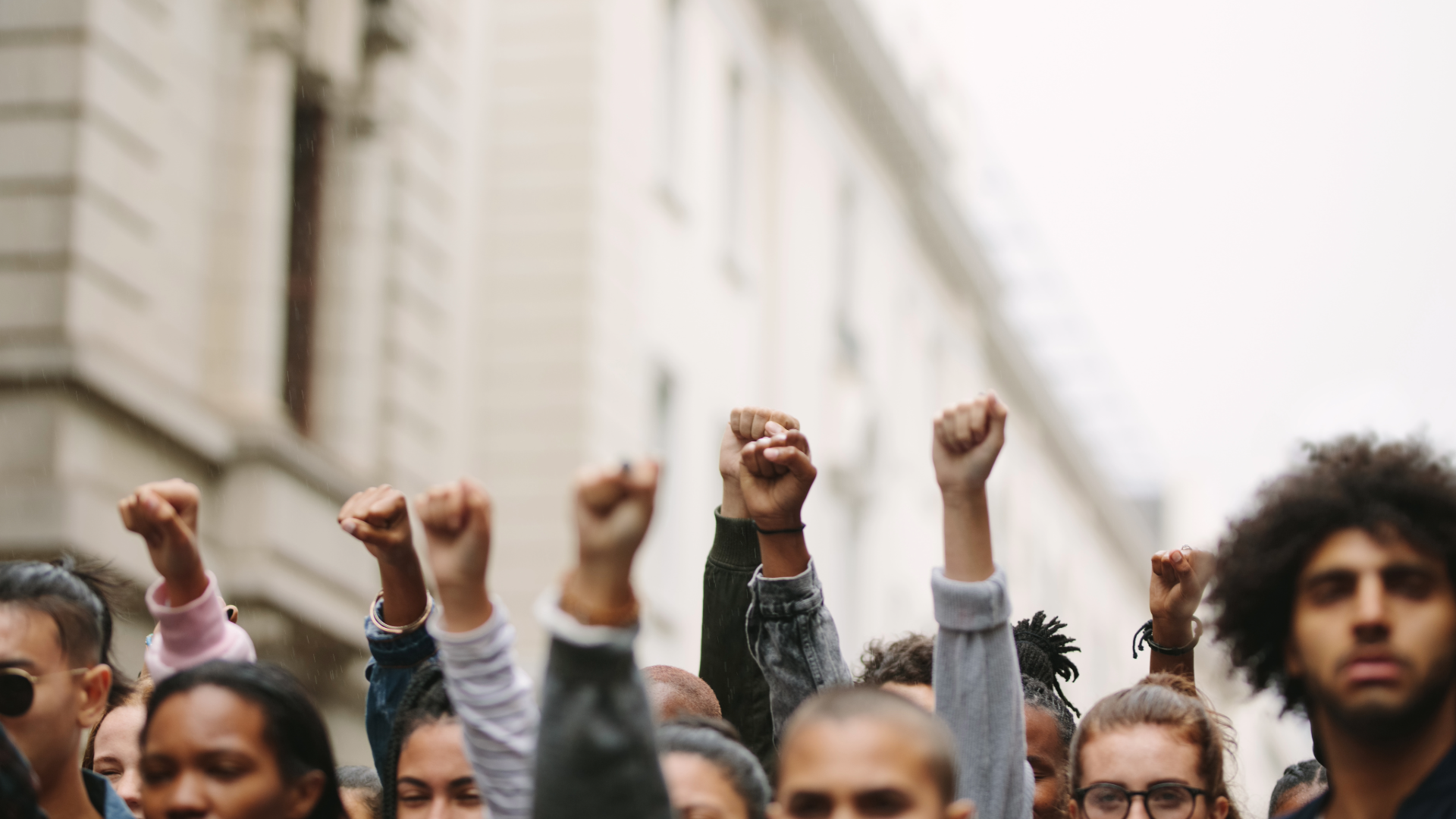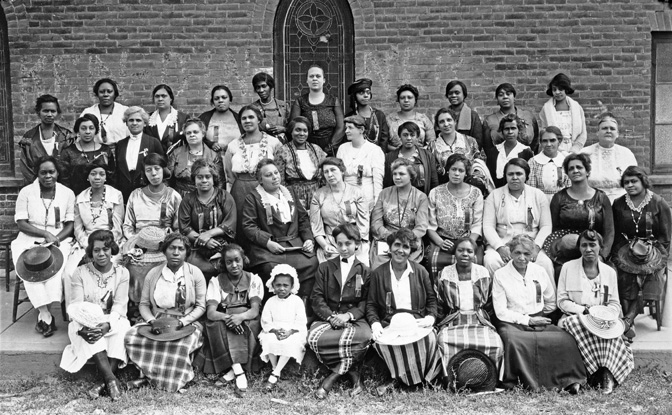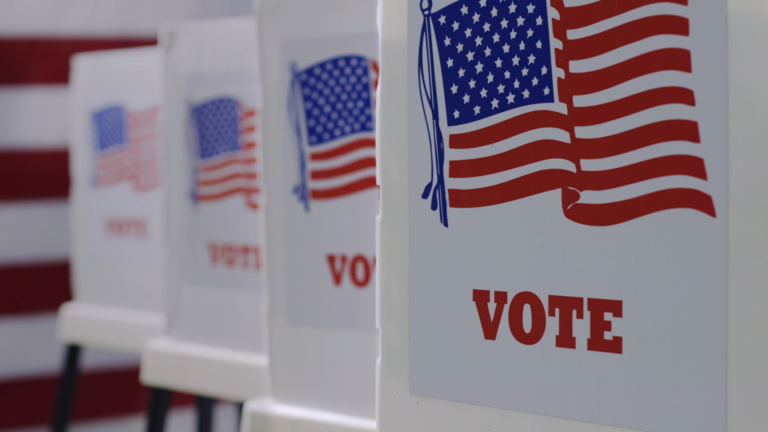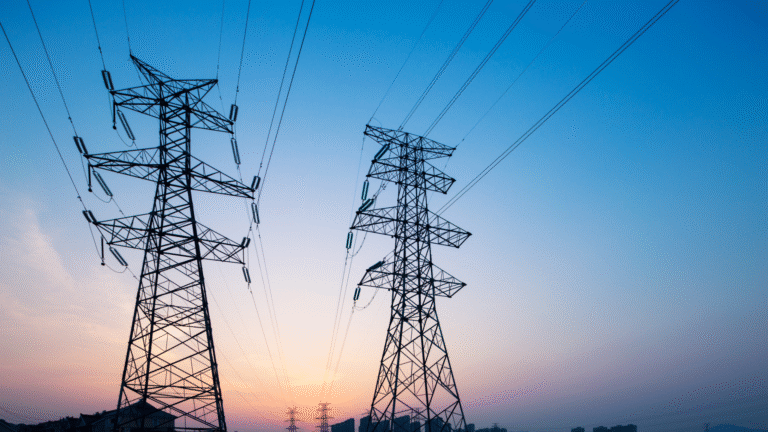The History and Evolution of Protest
Origins of Protest in Human History
Protest—the act of expressing dissent—has existed as long as human societies have had systems of power. Some of the earliest recorded protests occurred in ancient civilizations. Around 1200 BCE, workers in Egypt organized a labor strike over delayed grain rations under Pharaoh Ramses III. In ancient Athens, political assembly and open debate laid the early groundwork for what we now consider public protest.
Protest in the Premodern World
Throughout the medieval and early modern periods, protest was often localized and violently repressed. Events like the 1381 Peasants’ Revolt in England showed how common people could mobilize against oppressive taxation and feudal systems, though such efforts were usually crushed by ruling elites. Religious uprisings, including elements of the Protestant Reformation in the 16th century, also featured mass dissent against established authorities.
The Age of Revolutions (18th–19th Century)
The modern idea of protest as a political tool began to take shape during the 18th century. In the American colonies, the 1773 Boston Tea Party was a direct action protest against British taxation, helping ignite the Revolutionary War. The French Revolution (1789–1799) saw mass uprisings that toppled monarchy and reshaped European politics. Across the 19th century, industrialization triggered labor protests throughout Europe and North America, giving rise to union movements and worker demonstrations demanding fair wages and conditions. Simultaneously, suffrage movements led by women challenged political exclusion.

Protest in the 20th Century
In the early 20th century, protest became increasingly organized. The Indian independence movement, led by figures like Mahatma Gandhi, pioneered nonviolent protest with the 1930 Salt March against British colonial rule. In the United States, the civil rights movement of the 1950s and 60s used boycotts, marches, sit-ins, and media strategy to challenge racial segregation. The 1969 Stonewall Riots in New York catalyzed the modern LGBTQ+ rights movement. Antiwar protests during the Vietnam War and anti-apartheid protests against South Africa’s racial regime showed how protest could influence foreign and domestic policy alike.

Protest in the Digital Age (2000–Present)
With the rise of the internet and mobile technology, the scale and speed of protest coordination increased dramatically. The 2011 Arab Spring saw digital platforms used to organize mass protests against authoritarian regimes in Tunisia, Egypt, Libya, and beyond. Movements like Occupy Wall Street (2011), the Women’s March (2017), and Fridays for Future (2019–) leveraged social media to mobilize millions across borders. The 2020 Black Lives Matter protests following George Floyd’s murder became one of the largest protest movements in U.S. history, with solidarity actions around the world.
Global Protests in 2024–2025
Recent years have seen continued expansion in both the causes and geography of protest. Pro-Palestinian solidarity protests in 2024–2025 emerged in hundreds of cities, including massive student-led demonstrations on U.S. college campuses. Meanwhile, the “No Kings” movement, a protest against authoritarianism and hereditary monarchy, gained traction globally through symbolic marches, digital art, and calls for democratic reform. These protests reflect a growing global awareness of interconnected political and social struggles. As of 18 October 2025, No Kings protests have taken place in all 50 U.S. States with over 2,700 individual events including more than 7 million people.

Patterns and Impact
While not all protests result in immediate policy changes, their cumulative impact is significant. They create public awareness, influence elections, push issues into legislative debate, and shift social norms. Movements like the U.S. civil rights struggle, Indian independence, and the fall of Eastern Bloc regimes in 1989 demonstrate how sustained protest can reshape history.
Repression and Resistance
Governments have responded to protests with a range of tactics—from accommodation to surveillance, censorship, and force. Authoritarian regimes often criminalize dissent, while even in democracies, protest rights are frequently contested. Nonetheless, protest remains a vital mechanism of civic engagement and democratic accountability.
TLDR: The Point
From ancient tomb workers to modern digital activists, protest has remained a constant feature of human society. Its forms have evolved—from shouting in forums to trending hashtags—but its purpose remains: to voice dissent, demand change, and hold power to account. In the 21st century, as global crises intersect with technological change, protest continues to adapt—remaining one of the most powerful tools available to civil society.
Sources
- BBC – “The people are revolting – the history of protest”
- Freedom Forum – “20 of the Most Famous Protests In U.S. History”
- Dominican University – History of Protests
- American Archive of Public Broadcasting – First Amendment Exhibit
- Wikipedia – “Protest”







